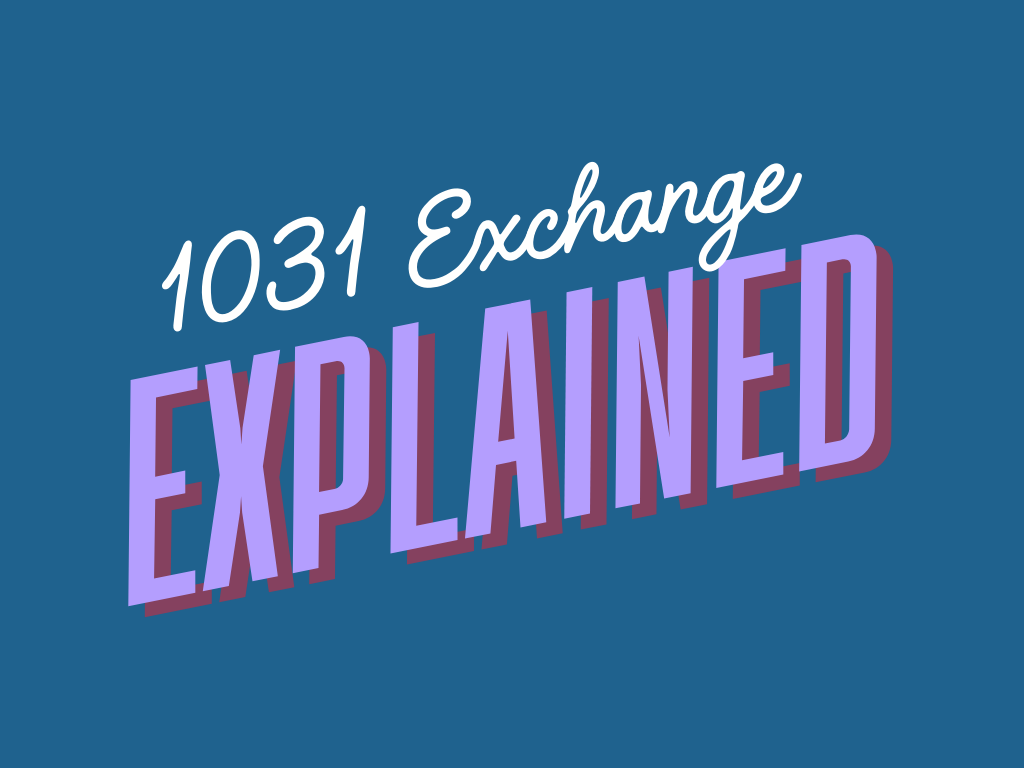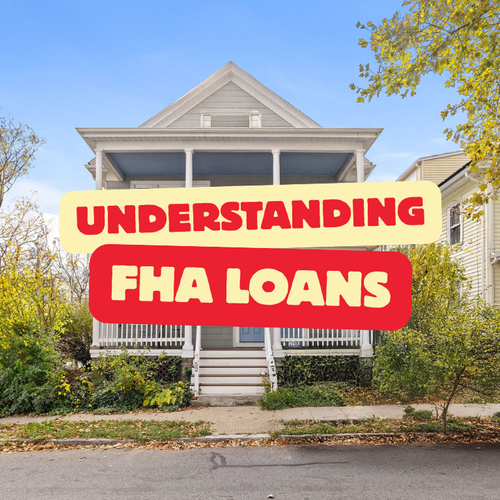How a 1031 Exchange Works (and How to Pull One Off in Rhode Island’s Competitive Market)
If you own an investment property in Rhode Island and you’re thinking about selling, you might be wondering: Do I have to hand over a big chunk of my profit to the IRS right now?
The answer might be no—if you use a 1031 Exchange.
A 1031 Exchange (named after Section 1031 of the IRS code) is a way to sell one investment or business property and reinvest the proceeds into another “like-kind” property—without paying capital gains taxes at the time of the sale.
- Like-kind just means another piece of real estate used for investment or business—not that it has to be identical. You could sell a multi-family and buy a commercial building, for example.
- Since 2018, only real property qualifies—personal property, equipment, and primary residences don’t count unless converted to an investment property first.
The catch? The IRS has strict timelines and rules, and if you miss a step, the exchange fails. In a strong sellers’ market like Rhode Island, that means being prepared before you list your property is critical.
The 1031 Process in Plain English
- Hire a Qualified Intermediary (QI) before you sell. A QI is the neutral third party who holds your sale proceeds. If you touch the money—even for a minute—the exchange is disqualified.
- Sell your current property. The closing date is Day 0, and that’s when the IRS clock starts ticking.
- Identify your replacement property within 45 days. You can name up to three properties, or more if they fit within specific value rules.
- Close on your replacement within 180 days of selling your original property (or by your tax return due date, whichever comes first).
- Reinvest all proceeds to fully defer taxes. If you take cash or any non-real-estate value (called “boot”), that portion is taxable.
File IRS Form 8824 with your tax return to document the exchange.
A Real-World Example
Let’s say Maria owns a two-family in Pawtucket she bought for $220,000. Today it’s worth $500,000. Selling now would mean paying capital gains taxes on roughly $280,000 in profit—a bill she’d rather postpone.
Maria decides to use a 1031 Exchange to buy a larger building with more rental income potential:
- Step 1: Before listing her property, Maria lines up her QI, CPA, Realtor, and lender.
- Step 2: She sells her Pawtucket property, and her QI holds the $500,000 in proceeds.
- Step 3: Within 45 days, she identifies three possible replacement properties—a six-unit in Providence, a four-unit in Cranston, and a mixed-use in East Providence.
- Step 4: By Day 120, she closes on the Providence six-unit, reinvesting all her proceeds and adding a bit of extra cash.
Result? She defers the capital gains tax, boosts her rental income by 40%, and positions herself for even greater portfolio growth.
Is a 1031 Exchange Right for You?
Ask yourself:
- Is the property I’m selling truly an investment or business property?
- Am I willing and able to reinvest all my sale proceeds into another property?
- Do I have time and resources to find and close on a property within the IRS deadlines?
- Do I have a trusted QI, CPA, and Realtor ready to move quickly?
Is my goal to upgrade my portfolio, increase cash flow, or shift to a different type of property?
Pros & Cons of a 1031 Exchange
Pros:
- Defers capital gains taxes, keeping more of your money working for you.
- Lets you “trade up” to properties with more income potential.
- Can be repeated over and over.
- May eliminate capital gains taxes entirely if heirs inherit the property.
Cons:
- Strict timelines—45 days to identify, 180 days to close.
- Zero room for error in following IRS rules.
- Limited to investment/business real estate.
In a hot market, finding a replacement property in time can be challenging.
Smart Strategies in a Competitive Market
Finding your next property is often the hardest part—especially in Rhode Island’s current market where inventory is low and competition is fierce. Here’s how to set yourself up for success:
- Line up your team early—QI, Realtor, CPA, lender—before you list.
- Know your financing so you can make strong, quick offers.
- Have realistic expectations about what’s available and how fast you’ll need to act.
- Negotiate with your buyer to allow enough time for you to identify and secure your replacement property before your Day 0 closing date.
Pre-scout potential properties so you have options ready when the clock starts.
Your Next Step
If you own an investment property in Rhode Island and want to explore whether a 1031 Exchange could work for you, let’s talk. I’ll walk you through the process, help you understand the market, and connect you with my excellent 1031 Exchange specialist so you have the right team from day one.
The sooner you start planning, the more options you’ll have—and in a market like ours, preparation is everything.




